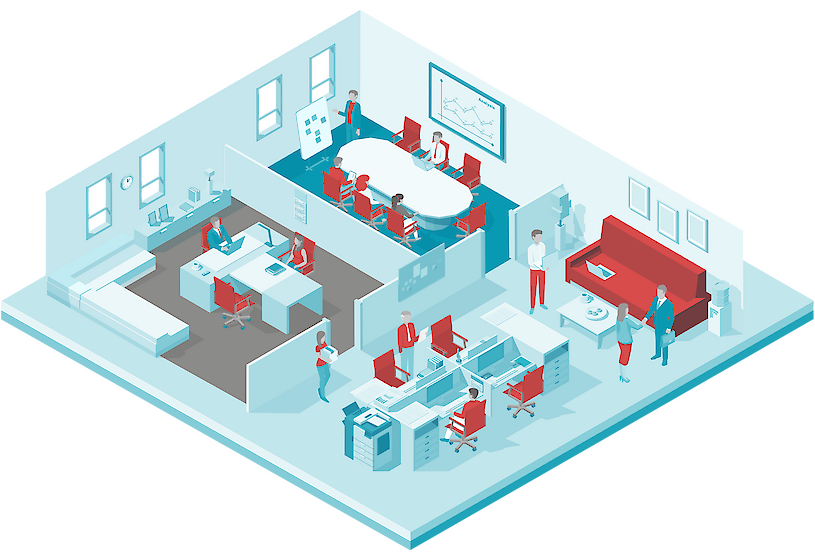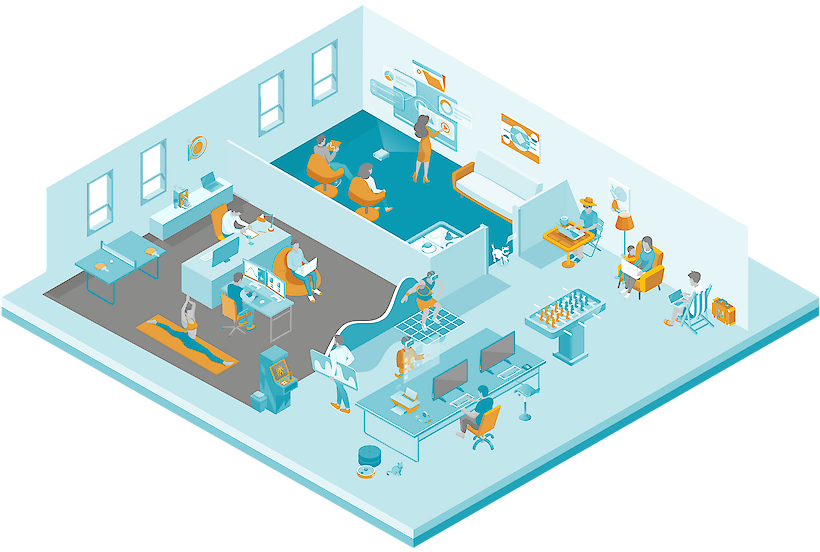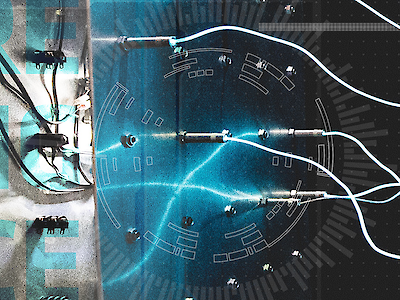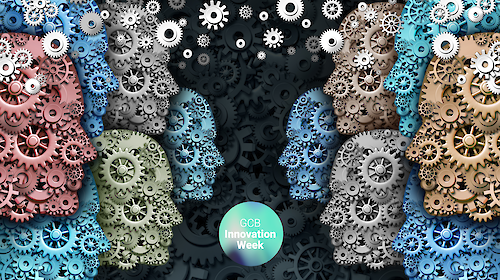How the Future Will Impact on Business Events
 © Greg Rakozy / Unsplash.com
© Greg Rakozy / Unsplash.com
What will the future look like? In a complex world with multi-layered challenges, it is sometimes difficult to see the big picture clearly. In its most recent research, the innovation network Future Meeting Space (FMS) has developed three future scenarios for business events post-Covid that give our industry’s future a face.
The study titled “Changing Ecosystems – Future Scenarios for Business Events in the Age of Borderless Communication” illustrates how events will change due to different influencing factors and enables us to see for each of the three scenarios how change will impact venues, event formats, technologies and the skills profiles needed in the event industry. Let’s take a look.
Back to the tried and trusted with focus on personal service

In the "Tried and trusted - renaissance of the real" scenario we envisage a world where we return to the familiar with in-person meetings remaining the be-all and end-all. In this environment, central, large event venues dominate, designed to accommodate as many attendees as possible. Spaces feature classic layouts but also special club-like areas as well as personal work and recreation spaces.
Event formats are similarly conventional with a high degree of structure. This means presenting content in classic presentations and interactive formats or creative workshops only used very selectively for specific target groups and topics. Importantly, networking opportunities and meeting others become the focus of events, as personal interaction is the highest priority for attendees.
From a tech perspective, the “tried and trusted” scenario results in events that require less equipment, simply because they are run purely on-site as opposed to digital or hybrid set-ups. Digital tools are only used if they enhance the physical experience and support face-to-face exchange.
Looking at the skills profiles of event professionals, providing a first-class service at events takes centre stage. This requires personable staff on-site with very good networking skills. Soft skills such as empathy, really caring about one’s work and a basic understanding of customer concerns form the basis of the skills profiles.
Maximum flexibility for infrastructure and people

The “Diverse and flexible – the global community" scenario is the exact opposite of the return to the familiar approach. Flexibility regarding time and space rules and events are no longer bound to one place as digital attendance is easily possible. Worldwide
co-operations between venues emerge and multi-site events supported by technology become a mass phenomenon. Smaller venues in city centres, which are not necessarily dedicated event spaces, are favoured.
When people attend events in person, they make a very deliberate decision to do so. Meeting others face-to-face is their highest priority then as networking and socialising is very limited in the digital space. In general, providing purely informative content at both physical and hybrid events decreases while attendees are enabled to make their own topic-related experiences. New modular workshop formats are being developed that can be customised by attendees. As people thus create their own personal event, the degree of participation in the preparation and planning of events is high, which results in innovative concepts.
To enable virtual and in-person attendance, virtual communication platforms and digital tools are integral parts of many events. Hybrid events become standard and to support interaction between physical and virtual attendees, the availability of smart surfaces in venues becomes key. VR/AR technologies are used to support virtual attendance. As attending events is increasingly linked with private trips in order to make the most of travel and justify the effort involved, apps that support getting to know the given destination are on the rise.
Due to the increase in virtual and hybrid events, the need for digital skills grows immensely in the diverse and flexible world. Above all, "interface managers" for the design of interfaces between the virtual and real world are in demand. Working together in international
project-based teams requires soft skills in addition to specialised know-how. Flexibility and the ability to quickly adapt become key.
Sustainable behaviour drives innovation in events

In the “Green and aware – the net zero society” scenario sustainability is the guiding principle of all actions. Existing buildings are chosen as venues and utilising venues to the maximum is key, with large event venues also serving as educational facilities or temporary workspaces. In general, attendees expect event venues to be authentic and sustainable throughout. To create climate-neutral buildings, both the building technology and other infrastructure elements need to be renewed and designed to meet sustainable standards. “Green events” is the central marketing strategy for venues.
While conventional speaker presentations largely disappear, new formats which integrate the natural environment are in demand, including moving events in the open air. The overall guideline for event formats is to reduce things to the essential. Improvisation and developing innovative solutions together with attendees come to the fore. In fact, event organisers increasingly only provide the platform, without stipulating a fixed programme.
Investment in new technologies and digital tools rises, with the aim of creating new solutions for sustainable and ecological resource management. Green technologies that enable a more sustainable economy are key. Also, as people pay increasing attention to their mental and physical health, systems for integrated health management play a role when planning and running events. Cognitive environments that can be adapted to specific user needs become a megatrend, and for the purposes of their health and well-being, attendees also accept the use of new technologies such as tracking systems.
Such smart, sustainable events require specialised IT staff, with a focus on experts for the development and integration of green technologies. Moreover, the widespread running of virtual and hybrid events needs highly qualified tech staff. “Sustainability event managers” take care of organising events, and special training on ecology and sustainability becomes part and parcel of event professionals everyday work life.
 ©
© ©
© ©
© ©
© ©
©